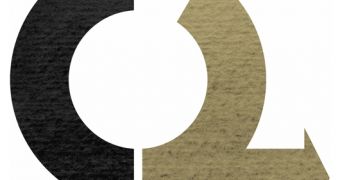OpenLeaks, the new whistleblower platform created by WikiLeaks defectors, launched its website and promises complete transparency of its processes and finances.
According to its creators, OpenLeaks does not just provide a more democratic WikiLeaks, an organization known for being led in an authoritarian manner by Julian Assange, but aalso a significantly different approach to whistleblowing.
OpenLeaks applies a model that involves the separation of input and output channels in order to avoid bottlenecks in the process.
Assange repeatedly said that WikiLeaks is sitting on a trove of confidential information and that there are simply not enough staff and volunteers to review it quickly.
Even if some people that this rhetoric is only used to gather more donations from users, which seems to be a central WikiLeaks theme, there is some truth to it.
There is simply too much information coming in and too little coming out because a single organization tries to cover the entire review, validation and publishing process.
The people behind OpenLeaks are all are too familiar with these flaws and have tried to avoid them when creating the new organization.
OpenLeaks' public face is Daniel Domscheit-Berg, a German journalist and activist who served as a WikiLeaks spokesperson for three years, and Herbert Snorrason, an Icelandic historian who was also a high-ranking WikiLeaks member.
The new organization will provide a secure and anonymous data submission platform for whistleblowers and review tools for journalists, human rights groups and other vetted parties interested in disseminating the received information through their own channels.
This means that OpenLeaks will bear no editorial responsibility and will not be in the spotlight as WikiLeaks. After all, its goal is to give whistleblowers a way to get information out and not build a name for itself.
In addition, while the organization will have a clear internal structure, the decision making process will be as democratic as possible.
The organization does accept donations, but not through PayPal, credit cards or other traceable means. Instead, it has opted for micropayments service Flattr, as well as prepaid vouchers through paysafecard, Ukash or WebMoney.
OpenLeaks is in early alpha stage right now and still brings in new members and volunteers, but plans to enter a beta phase during the second quarter.

 14 DAY TRIAL //
14 DAY TRIAL //